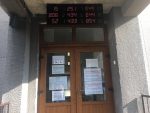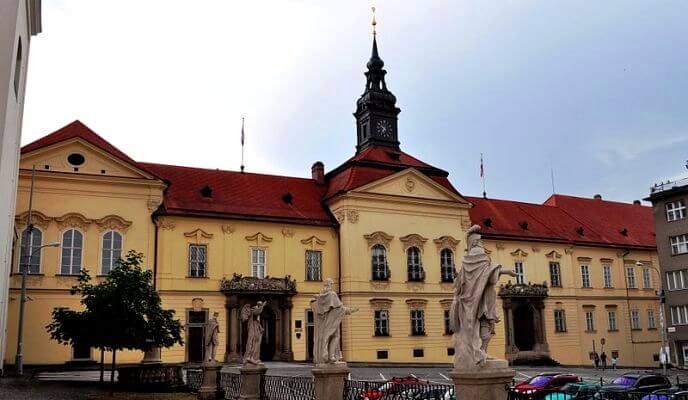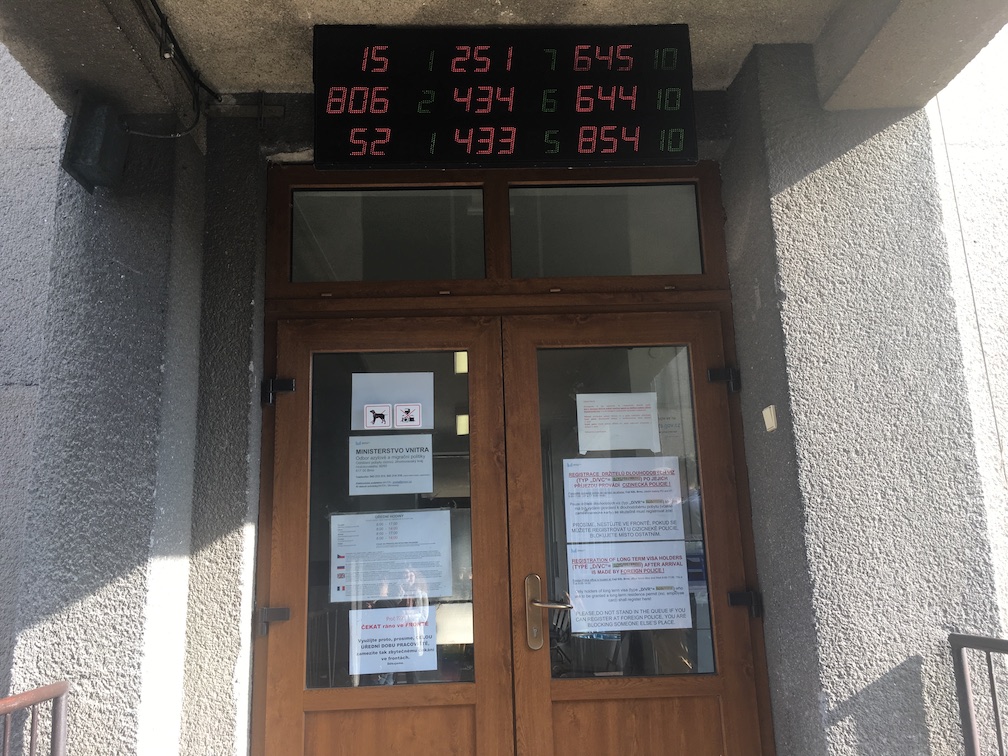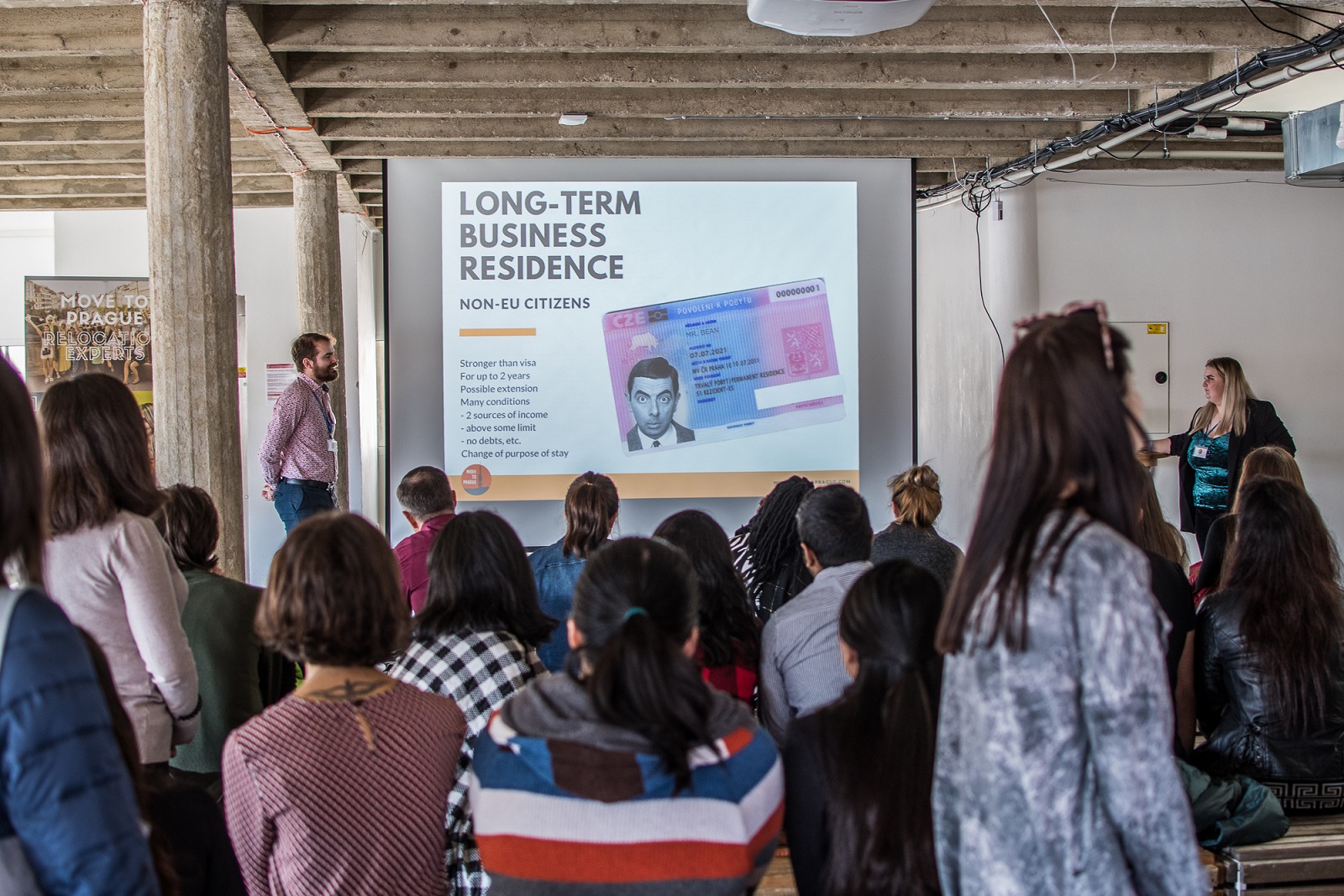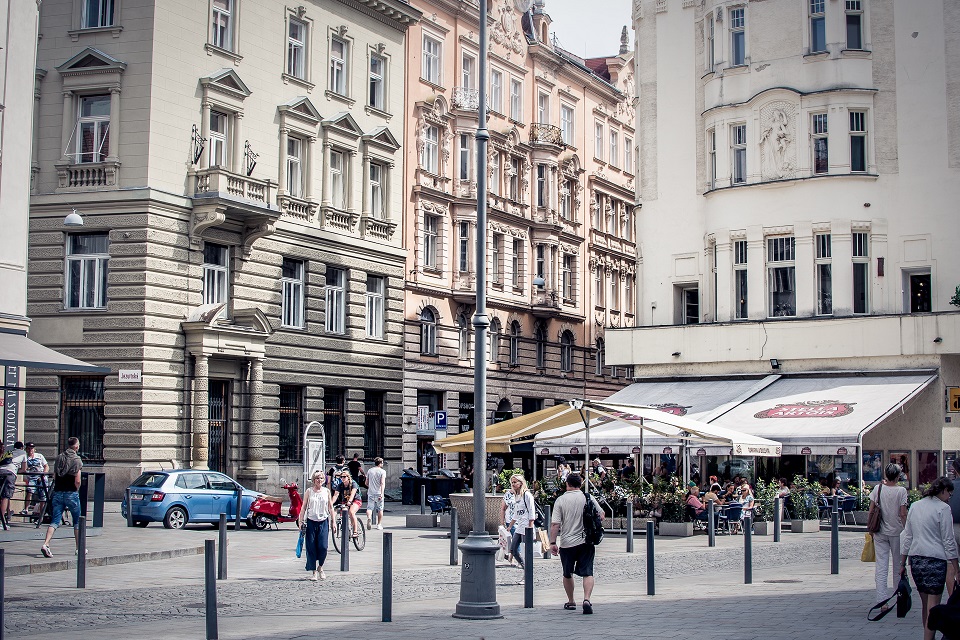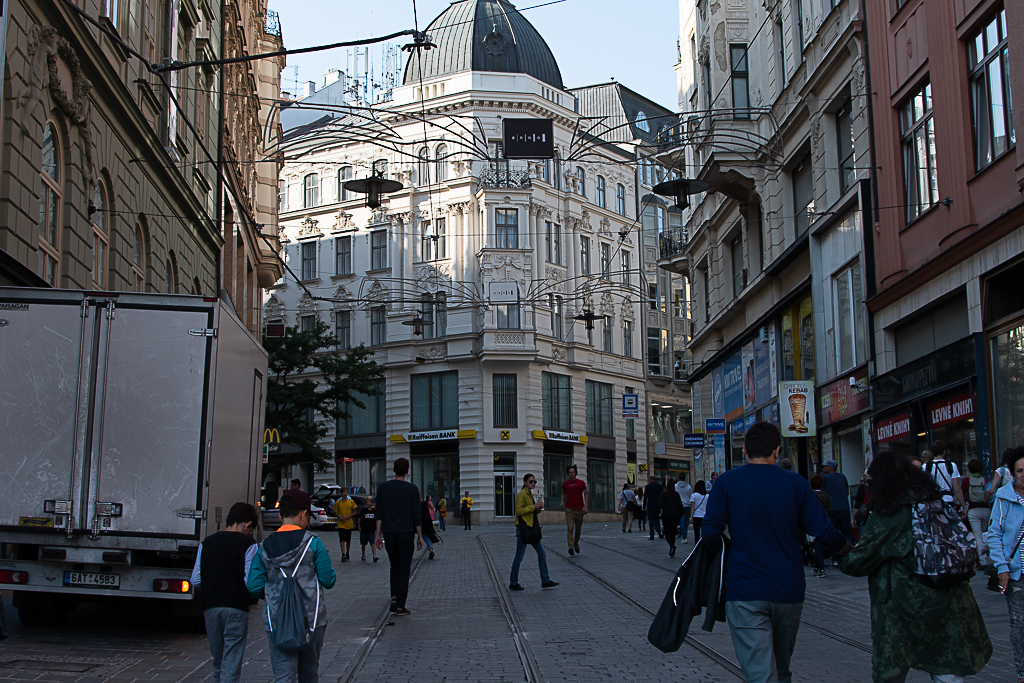Brno, May 25 (BD) – How to arrange all legal papers at the beginning of your stay when no one yet speaks the language of the other? In February 2017 Brno found itself buried in misunderstanding between its effort towards foreign newcomers and Czech-speaking citizens. The controversial initiative with a long name “Zvyšování interkulturní prostupnosti veřejných institucí ve městě Brně” (loose translation “Increasing of intercultural openness in public institutions in Brno”) targets the unequal access of foreigners’ communities to public services which results in social exclusion and higher criminality. Citizens criticizing the initiative were triggered by misleading agitating information in several magazines implying Brno civil servants will have to learn to speak Arabic.
The point is actually different. The project argues that public institutions cannot work effectively since they lack intercultural awareness and language skills. Matěj Hollan, Deputy Mayor of the City of Brno says: “We are forthcoming to the recommendation of Ministry of the Interior to strengthen the effort of local governments concerning social inclusion of foreigners.” Launching the 2-year project in September 2017, Brno is a pioneer of this idea.
The project aims to enhance communication by officially hiring several language-skilled assistants rendering into Vietnamese, Russian/Ukrainian, Romanian and Arabic. Starting in fall 2017, they will work side by side with the Czech office workers. The city promises a great help in completing the objectives of public institutions such as taxation, legal work and legal compliance of foreigners, collection of contributions to Czech healthcare system and more.
The project costs over 6 000 000 CZK (226 560 EUR) and much of the costs are paid by EU subsidies; Brno contributes mere 300 000 CZK (11 328 EUR). Brno is the first Czech city enhancing the communication between foreigners and public institutions.
Is Czech Republic Pioneering or Lagging behind?
Understanding between newcomers, residents and public institutions are crucial when building a rapport. Such practices are nothing new in Western Europe. For the time being, The Czech Republic has an elaborated threefold basic program for non-EU newcomers available in several languages. It consists of the pre-departure information package “Příští zastávka – Česká republika” (“Next stop: Czech Republic”) then basic information on life here “Vítejte v České republice” (“Welcome in the Czech Republic”) and “Jak na to?” (“How can I do that?”) with all residency-related issues.
Brno will be officially the first city with its own translators present in public institutions. Nevertheless, foreign nationals in the Czech Republic can choose a person who will translate for them on their own expenses but the details depend on particular institution. Brno Expat Centre provides skilled foreign professionals and their families who live and work here in Brno or plan to do so with free consultations and assistance and interpreting in meetings with public authorities and service providers. There is also an evolving network of Centers for Integration of Foreigners, e.g. in Prague and South Bohemian Region, which can provide an intercultural assistant/translator and offer many activities and courses to foreigners.
For nationals from Vietnam and Mongolia, there is also helpline providing assistance free of charge, you pay only for the call according to tariff rate of your provider.
Title picture: Millenium187 (Own work) [CC BY-SA 3.0 (http://creativecommons.org/licenses/by-sa/3.0)], via Wikimedia Commons.
